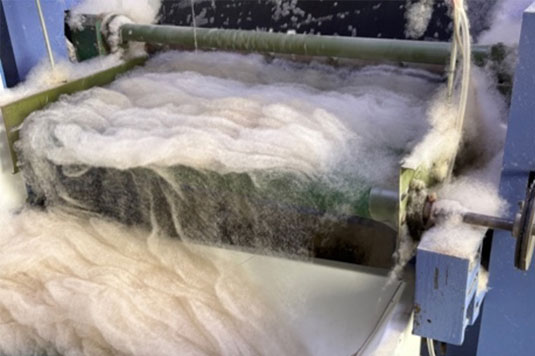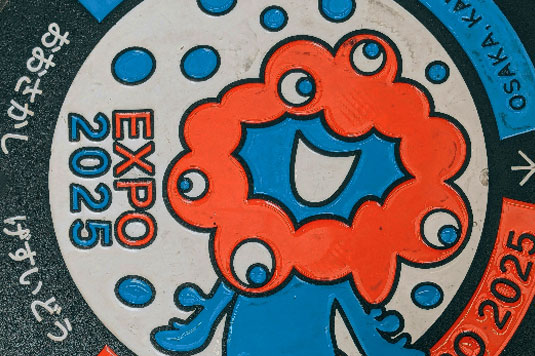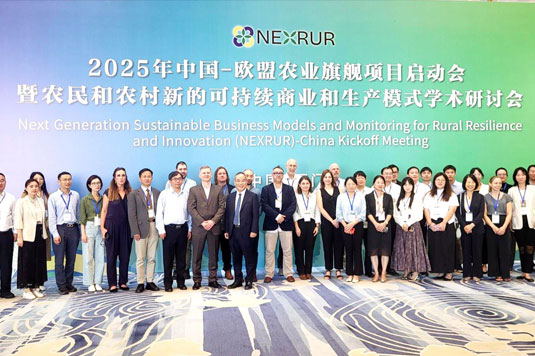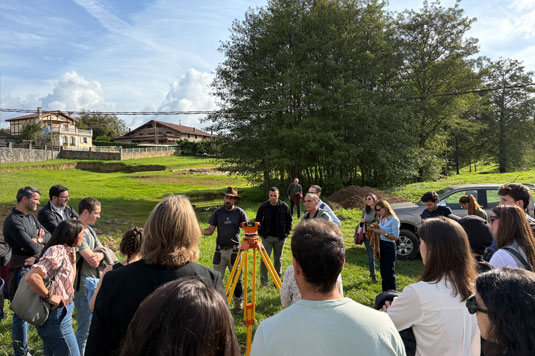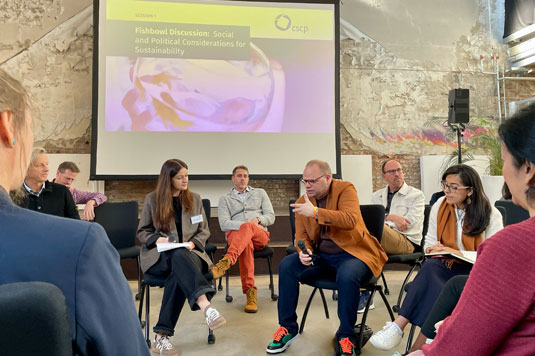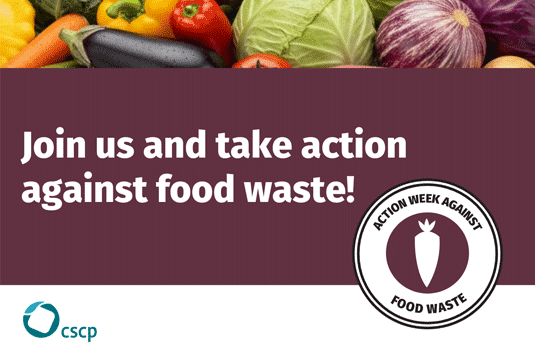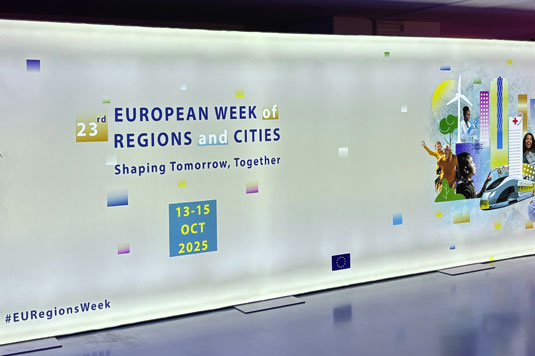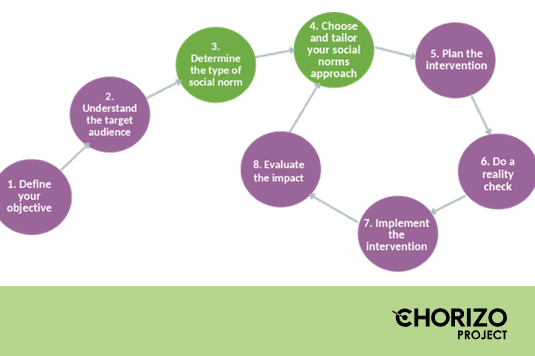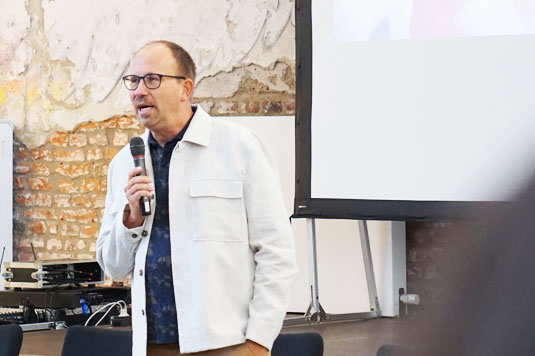
CSCP News | Posted November 27, 2025
20 Years of CSCP: An Interview with Michael Kuhndt, CSCP Executive Director
On our 20th anniversary year at the CSCP, we reflect on a journey shaped by collaboration, learning, transformation, and impact. In a quick look back, we asked Executive Director, Michael Kuhndt to share his insights on how sustainability has evolved, the breakthroughs that transformed our work, and the wisdom gained from two decades of driving positive change. An “aha” moment that redefined the sustainability narrative? 20 years ago, sustainability was mainly thought of in terms of the image of the polar bear on melting ice. This was a problem, but it failed to communicate the profound impact climate change would […]
